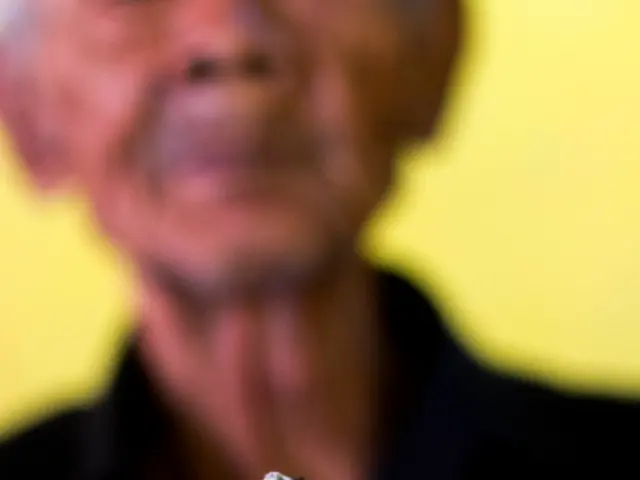Mount Fuji authorities seek financial contribution from self-reliant climbers during out-of-season ascents for emergency services.
Modern-day adventurers on Mount Fuji face financial consequences of recklessness
Japanese town officials in Fujiyoshida and Fujinomiya, alongside Shizuoka's governor, are advocating for revisions in national law to grant local authorities the power to impose rescue fees during the off-season, outside the three-month climbing window during summer.
According to Shizuoka's governor, a single hour on a rescue helicopter could set you back by 500,000 yen (approx $3,440). Sidekicks like mountain rescue teams on the ground and medical facilities further add to your bill.
Recent IncidentA 27-year-old climber had a rough go of it, stranded on the mountain when feeling nauseous and disoriented close to the summit. He lost his mobile phone, crampons, and other equipment in the process. After receiving initial assistance, this reckless adventurer found himself in need of another rescue team four days later, after collapsing around 3,000 meters above sea level due to altitude sickness. His strange reason for revisiting the mountain? He wanted to find his misplaced mobile phone.
Though the man's identity remains undisclosed, his tale serves as a reminder of the potential dangers and financial implications of irresponsible climbing practices on Mount Fuji.
- Engaging in reckless climbing practices on Mount Fuji, as demonstrated by the recent incident, can lead to both personal danger and significant financial burdens due to rescue fees, potentially costing up to $3,440 per hour for helicopter rescue, in addition to expenses associated with ground rescue teams and medical facilities.
- In the midst of pursuing a health-and-wellness journey through mountaineering, it is crucial to consider not only one's physical fitness and exercise regimen but also the science of acclimatization and the potential risks that come with altitude sickness, as the financial and health consequences can be severe, as seen in the recent case of a stranded climber who had to pay for multiple rescue services and faced medical complications due to his hasty and careless reascent.








